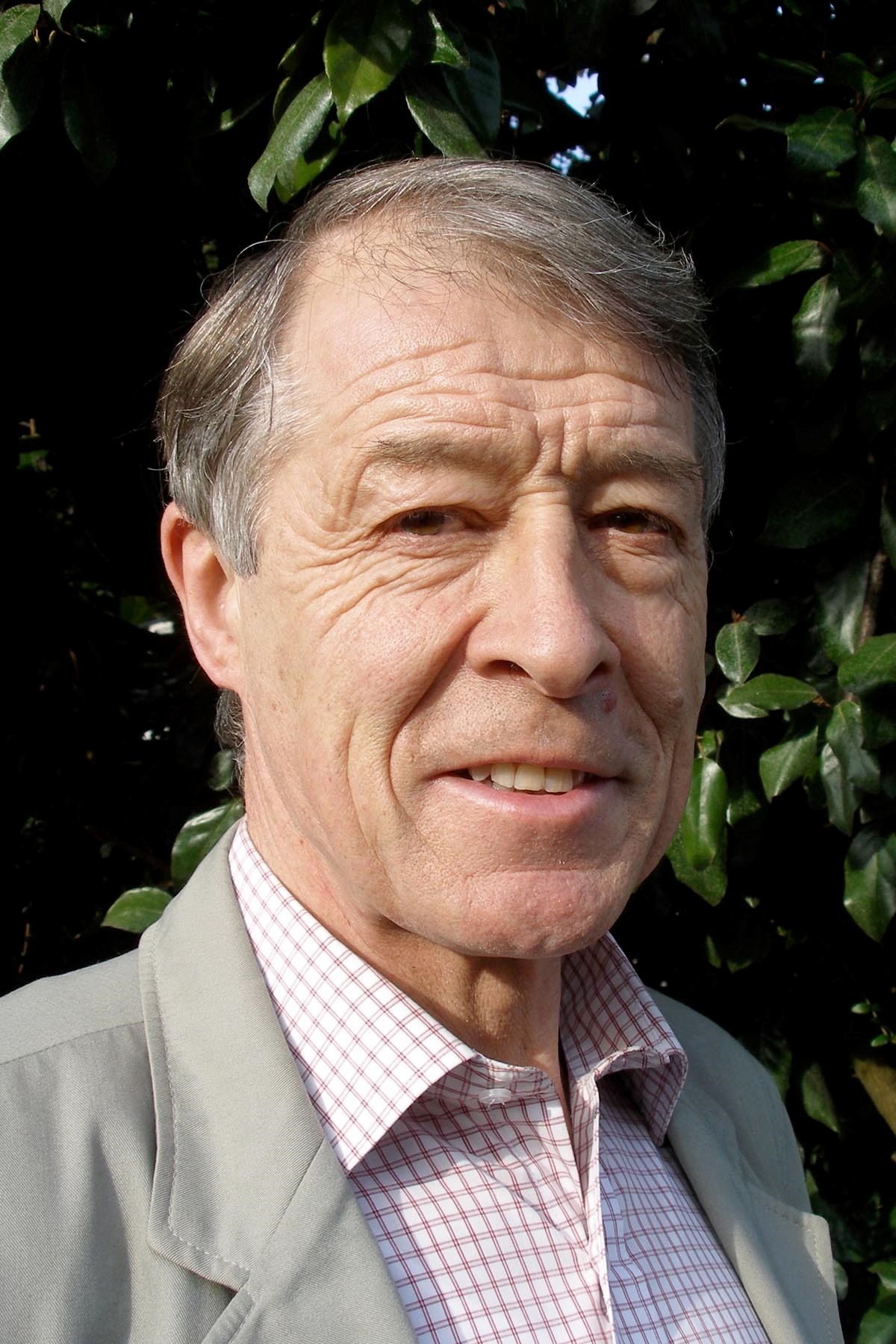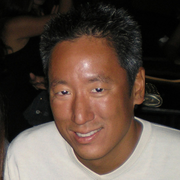
Professor Donald M. Broom
Emeritus Professor of Animal Welfare, Department of Veterinary Medicine, University of Cambridge
In his Centre for Animal Welfare and Anthrozoology, he has developed concepts and methods of scientific assessment of animal welfare and studied: cognitive abilities of animals, the welfare of farmed and other animals in relation to housing and transport, behaviour problems of pets, sustainable livestock production, attitudes to animals and ethics of animal usage.
He has published over 300 refereed papers, lectured on animal welfare in 45 countries and served on UK (FAWC and APC) and Council of Europe committees. He has been Chairman or Vice Chairman of EU Scientific Committees on Animal Welfare 1990 – 2009 and a member of the EFSA Panel on Animal Health and Welfare until June 2012. He chaired the O.I.E. group on Welfare of Animals during Land Transport.
Amongst his nine books are Stress and Animal Welfare (Broom and Johnson 1993, Kluwer), Coping with Challenge : Welfare in Animals including Humans (Broom ed. 2001, Berlin: Dahlem University Press, The Evolution of Morality and Religion (2003, Cambridge University Press), Sentience and Animal Welfare, 2014 CABI, and Domestic Animal Behaviour and Welfare, 5th edition, (Broom and Fraser 2015, CABI).
Dr. Allen C. Chen
Research Fellow, Biodiversity Research Centre, Academia Sinica
Dr. Allen C. Chen is a coral evolutionary biologist by training and has a broad interest on coral reef ecosystem and biodiversity. In the past 20 years, he has been working on phylogenetics and systematics of scleractinian corals, population genetics of corals and reef-associated organisms, coral bleaching and symbiosis. Recently, he started to develop his research into three integrative approaches. 1: Symbiosis and shuffling mechanism of coral-algae; 2. Mesophotic coral reef ecosystem and biodiversity in Taiwan; and 3. Sustainability of coral reefs in Taiwan.

Dr. Samuel E. Kahng
Associate Professor of Oceanography, Hawaii Pacific University, Honolulu, Hawaii
Dr. Kahng's research interests revolve around coral reef ecology. In general, he is interested in how life history traits and physiology relate to the ecological strategies of dominant benthic organisms. Of particular interest are the ecological and physiological mechanisms that enable deep-water, photosynthetic corals to thrive where the dominant, shallow-water reef building corals become light limited. The ecology of this “twilight zone” where skiophilous (shade loving) fauna readily compete for space with photosynthetic organisms is poorly understood despite the large amount of nearshore habitat within this depth range. He is also interested in the environmental limits of dominant organisms and the mechanisms underlying those limits. Gaining insight into these issues will enable better forecasting of ecosystem response to global climate change (e.g., ocean acidification, warming, etc.).
Other research interests include coral reef carbonate chemistry, fisheries management, and the ecology of precious corals
Dr. Frederic Sinniger
Postdoc researcher at the Tropical Biosphere Research Center, University of the Ryukyu
Dr. Sinniger's research interests are essentially focused on exploring the biodiversity of marine ecosystems and using this information to understand parameters affecting the distribution of marine organisms and their response to environmental changes.
Currently his research is focused on three different aspects of marine biodiversity. His main research topic concerns mesophotic coral ecosystems and their distribution. The two other parts of his research concern the application of metabarcoding to explore metazoan biodiversity in the sediments, and the exploration of new approaches, such as metabolomics, to solve the taxonomy and phylogeny of zoantharians and other anthozoans.
While at the moment he focuses mainly on coral reefs around Okinawa, his research explored a large variety of environments from Antarctic to the deep-sea.